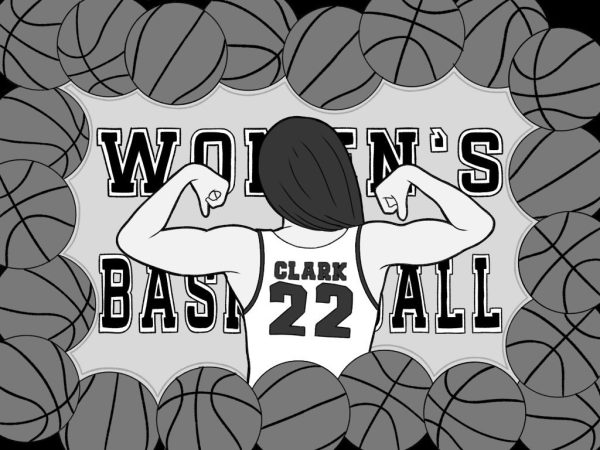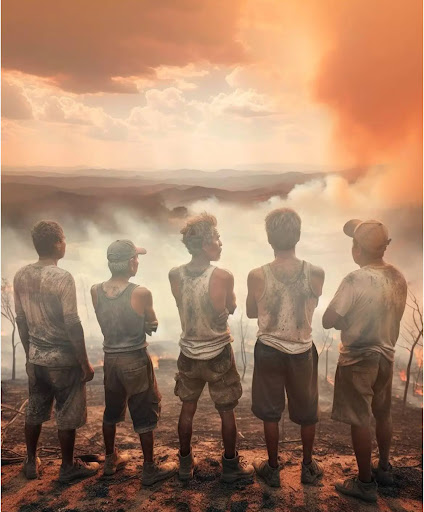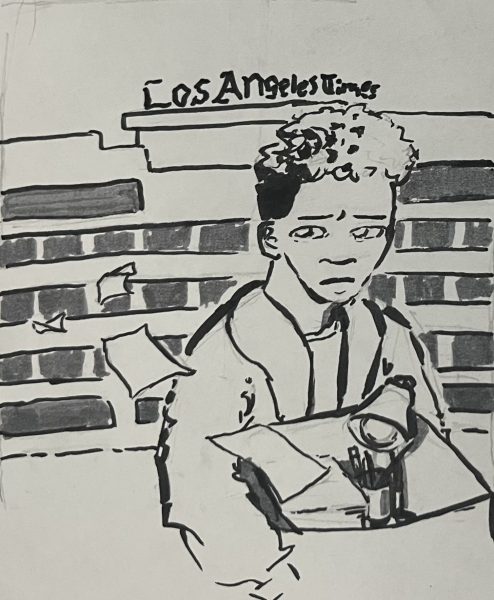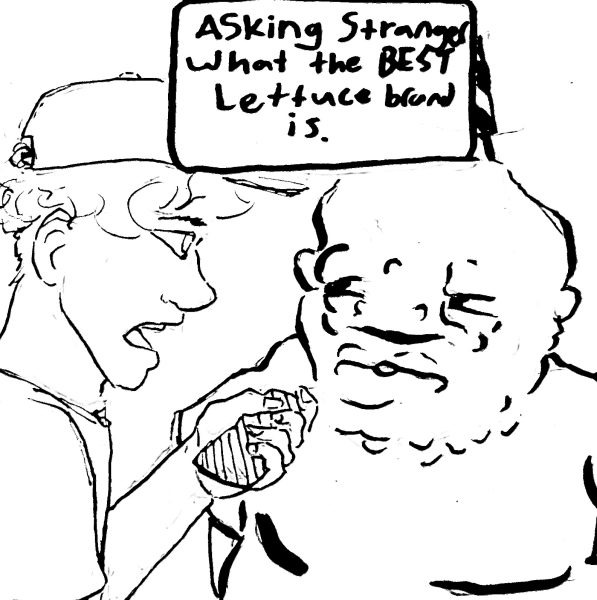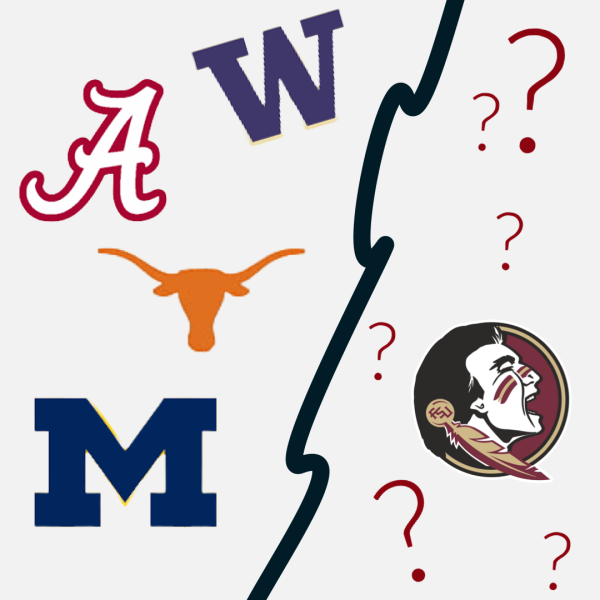What We Can Learn From the College Admissions Scandal
USC and other top universities get knocked off their high horse in the recent admissions scandal.
April 24, 2019
The 2019 college admission bribery scandal shouldn’t come as a surprise to the nation. Today’s under-privileged teen knows that wealth will open doors otherwise closed to them. On March 12, United States federal prosecutors indicted 50 individuals who allegedly conspired to secure admission to top colleges and universities through bribe or fraud. Operation Varsity Blues, nicknamed by the FBI, is still being investigated and new charges have been filed this week. Since the scandal, students and parents have called for change in the unfair college admission process.
“I feel because these people have a lot of money at their disposal they automatically have an advantage over middle to lower class students who are applying and might have the same abilities, or even greater abilities than the people who just pay to get in,” said senior Annabelle Bellamy. “I feel in light of the scandal, it was a good thing it was exposed, but I don’t think that it’s going to stop anytime soon because at the end of the day we live in the US, and the US is built on capitalistic ideals.”
College bound teens hurdle daily obstacles in order to be accepted to the college or university of their choice. The disadvantaged youth of today have to work 10 times as hard with poorly paid teachers, too few counselors or college advisors, little to no familial support and no community involvement.
Jim McCorkell, founder of the nonprofit organization College Possible, which helps disadvantaged students said, “this scandal really strikes at the core of the American promise that if you work hard and play, by the rules, you can get ahead. But all too often, the privileged are cutting in front of the line and taking their spot”.
The criminal case has highlighted the unfairness of it all. How can the playing field be made level? Can college-bound students trust the admission process at all? Perhaps the underprivileged and disadvantaged should receive extra merit for the hard work they have maintained. Top colleges and universities do offer more scholarships to low-income students and often consider the socioeconomic status of the applicant, but does that really matter if the wealthy and well-known can plow their way through to the front of the line?
“As a senior, I do believe that the scandal drastically affected admissions into schools like USC,” said senior Jessica Lopez. “It really sucks knowing that people who genuinely wanted to go to USC and had worked hard to be able to compete for a spot didn’t get a chance because of the people who bought their way in. I do think that sending the parents to jail is a fair punishment, but because these people are celebrities they have the money and leverage to weasel their way out of the situation.”
Some, such as Natasha Warikoo, associate professor of education at Harvard University, say that having a college admission lottery would be a more practical solution.
“Many believe that an admission lottery is a solution to the problem of inequality. The struggle over college admissions has led to increasing costs, anxiety among American teens and unfair perceptions of merit being the exclusive domain of elites,” Warikoo said. “As the cheating scandal shows, it has led to corruption. These situations can be avoided if colleges take bold steps toward an admissions lottery.”
The lottery would bring fairness to the admission process in a way that leaves family legacies, alumni donations, race and athletic preferences out of the decision. A definite change is needed to bring about equality and give every student the opportunity for a chance at higher education.
One positive aspect of this scandal is that it has raised awareness about the competitive environment surrounding college. Students may find themselves now thinking about college and the different demands required for it at a way earlier age.



